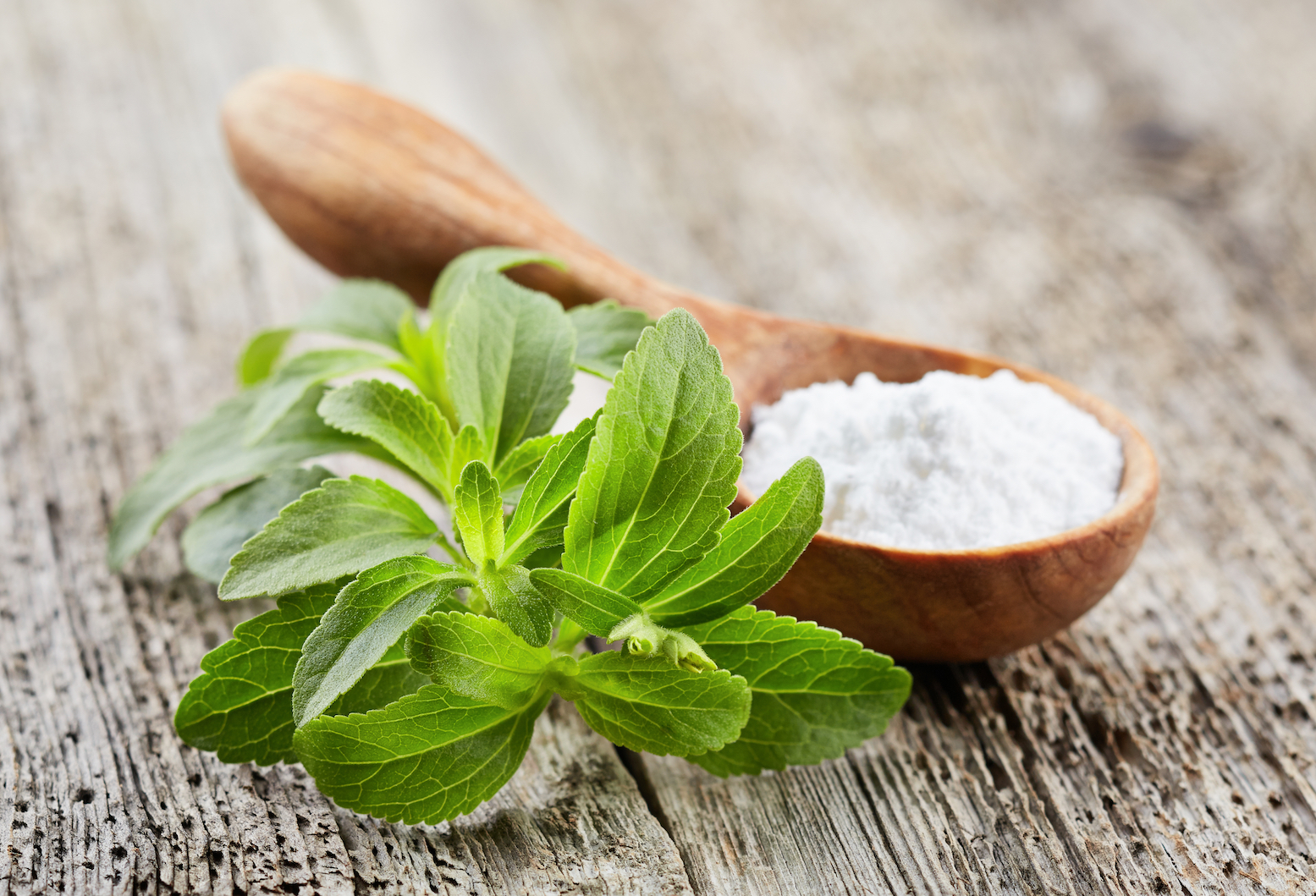Sweeteners derived from plants, such as stevia, are extracted from different parts of plants such as fruits, leaves, stems, etc. These sweeteners are known to have natural content and low calories. They are comparatively a healthier option than regular sugar and artificial sweetener. These plant-derived sweeteners maintain the optimal sugar level in the human body. For example, stevia contains rebaudioside and stevioside that have very low calories with sufficient sweetening flavor.
The rising awareness about healthy living and healthy food consumption among people is fundamentally driving the demand in the global plant-derived sweetener market. The developing tendency of purchasers towards the packaged food products and premixes that are easier to cook and require less preparation time is expected to surge the growth in the global market in the coming years. Besides, the global market has acquired enormous popularity lately because of the rising focus on low calorie consumables by food companies. Their marketing techniques are making people incline from utilizing ordinary sugar to plant-based sweeteners. In addition, the healthcare sector is likewise focusing on spreading awareness about the medical advantages related to plant-derived sweeteners. Such situations are inciting individuals to embrace a solid eating regimen and remain health-conscious. These continuous patterns will reinforce the development of the global plant-derived sweetener market in the forthcoming years.
In addition, fitness-freak people are following sound and nutritious weight control plans to keep away from fat and high calories which thus are probably going to speed up the demand in the global market. The awareness about the ill effects of artificial sweeteners is additionally moving the inclination of individuals toward plant-derived sweeteners. Increasing cases of diabetes all over the globe have fuelled the growth in plant-derived sweeteners. Players are also focusing on new marketing strategies to fortify their customer base and attract more customers.
The global plant-derived sweetener market is classified into application, form, type, and region. Based on type, the global market is divided into lucuma fruit sugar, molasses, monk fruit sugar, yacon syrup, agave syrup, stevia, and so on. In terms of form, the market is segregated into liquid, powder, and crystal. On the basis of application, the global plant-derived sweetener market is fragmented into ice-creams, fruit processing, desserts, beverages, confectionery, and bakery.
Geographically, Asia Pacific is estimated to develop notably within the forecast period. This is attributed to the increased consumption of confectionery and bakery products. Additionally, the rising disposable income among the people in the region is another factor behind regional growth. The region is further trailed by North America and Europe due to the presence of several key players in the regions.
The Truvia Company LLC, Roquette Frères, Symrise, Ajinomoto Co., Inc., Wilmar International Ltd., Archer Daniels Midland Company, Nestlé AG, Ingredion Incorporated, Cargill, Inc., Tate & Lyle PLC., etc. are some of the leading companies in the global plant-derived sweetener market. A well-known firm, PureCircle has launched its “next-gen” of stevia last year, which would be an effective replacement for sugar and also is low in calories.
